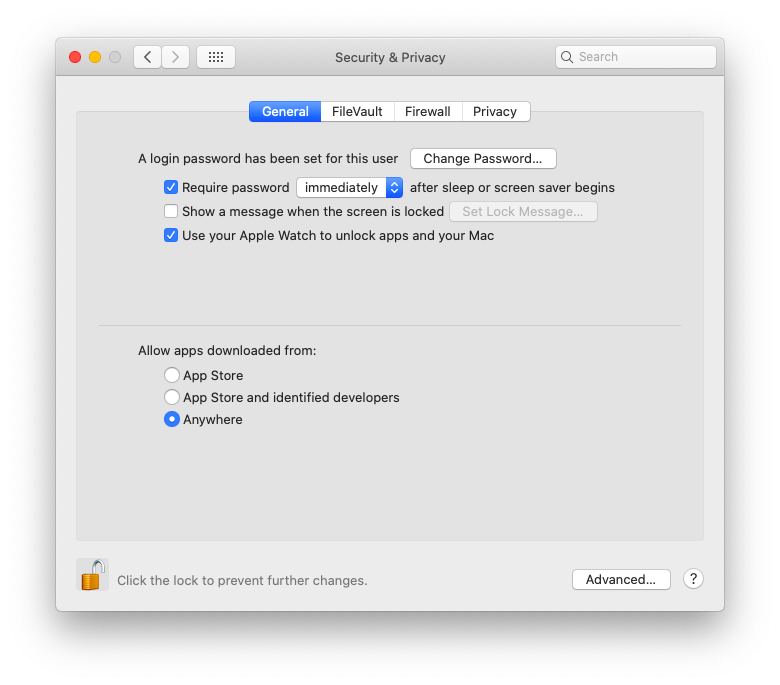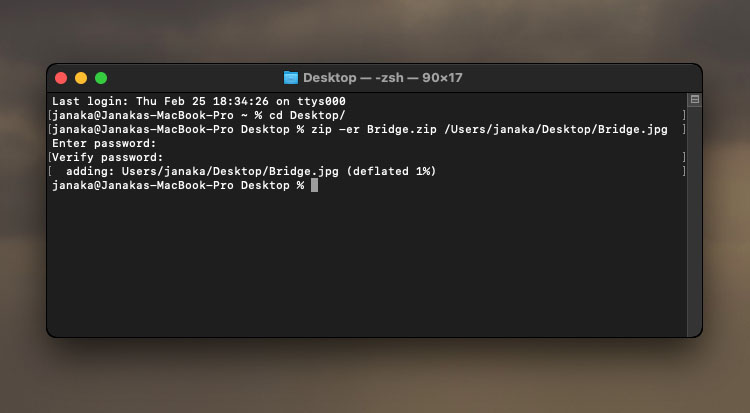


- #RESTRICTING ACCESS TO TERMINAL FOR USERS ON MAC OSX MAC OS X#
- #RESTRICTING ACCESS TO TERMINAL FOR USERS ON MAC OSX PS4#
CHAPTER 3: Securing User Accounts 69 Restricting Access with the Command Line: sudoers. The following restrictions apply when using Remote Play: You cant. the removable media (by the way, this is not in your default path.
#RESTRICTING ACCESS TO TERMINAL FOR USERS ON MAC OSX PS4#
The u flag sets the permissions for the file owner, g refers to the user group, while o refers to all other users. You cant use Remote Play on your PS5 console or PS4 console in the following situations. To remove all existing permissions, set read and write access for the user while allowing read access for all other users, type: chmod u=rw,g=r,o=r file.txt To set file permissions, you’ll use the chmodcommand at the terminal. You do this by clicking the Parental Controls button in Lion’s Users & Groups System Preferences pane. For example, you might want to make certain programs off limits.
#RESTRICTING ACCESS TO TERMINAL FOR USERS ON MAC OSX MAC OS X#
RELATED: How macOS Catalina's New Security Features Work Setting File Permissions Sometimes you want to limit what users of your computer can access in Mac OS X Lion. This is related in part to new security features introduced in macOS Catalina, although file access control lists (ACLs) have been a Mac feature since macOS X 10.4 Tiger back in 2005. If the final character is an at sign ( then it signifies that the file or folder has extended file attributes relating to security, giving certain apps (like Finder) persistent file access.

These levels are always shown in that order, so for instance: The OS X Terminal opens up a world of powerful UNIX utilities and scripts. use from the Terminal application that can work around these restrictions. You’ll see letters here, too, such as r (read), w (write), and x (execute). When you create multiple users in Mac OS X, each person who uses your MacBook. The first group shows the access levels for the file/folder owner (1), the middle group shows group permissions (2), and the final three shows permissions for any other users (3). The next nine characters are split into groups of three.


 0 kommentar(er)
0 kommentar(er)
